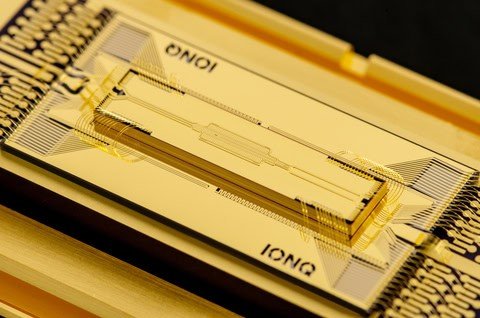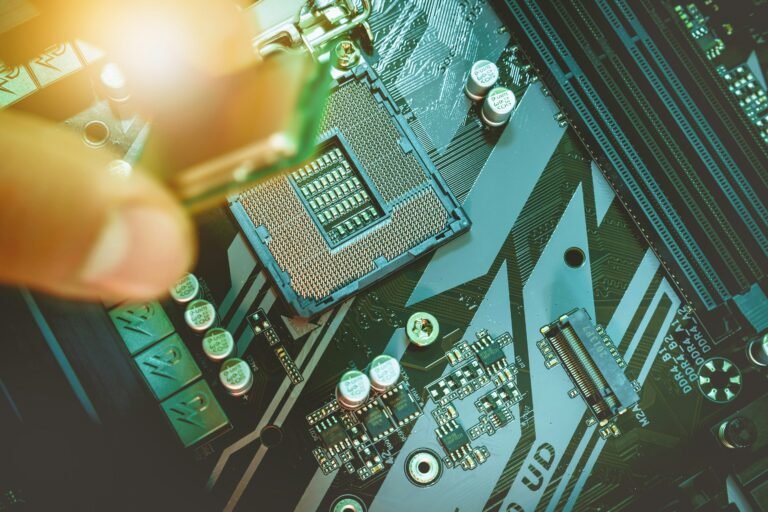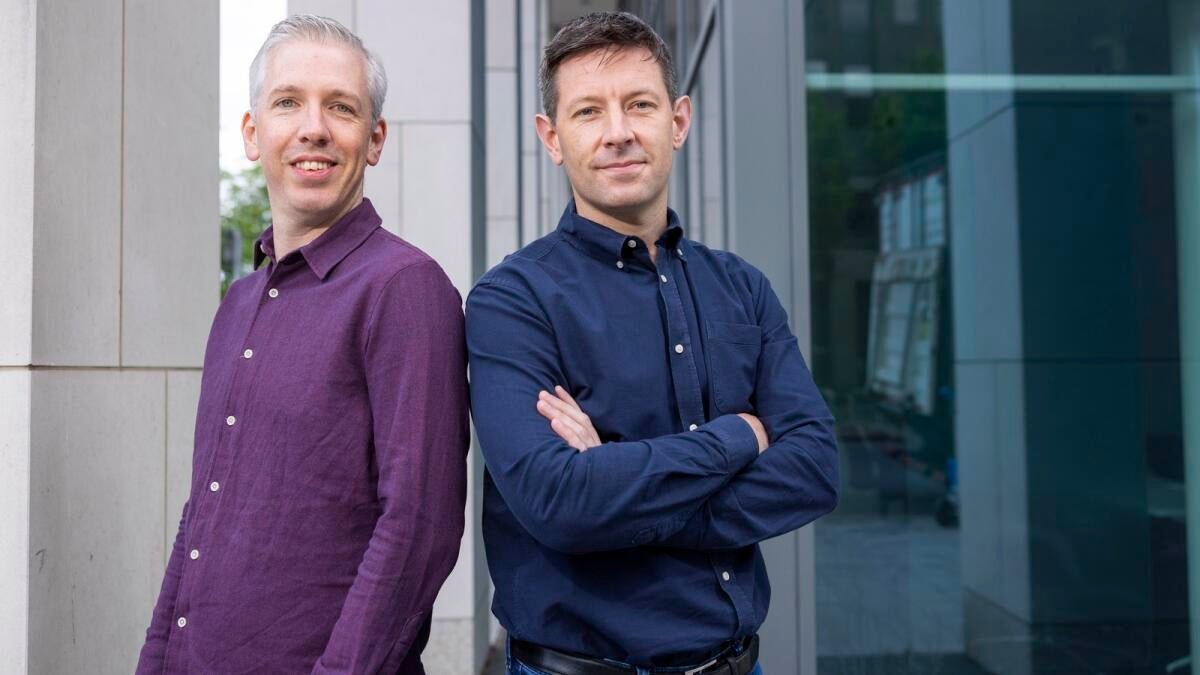
Did IonQ Just Unlock Quantum Computing’s True Potential — And a Massive Stock Rally?
Quantum computing has emerged as a prime target for investors chasing high-growth tech sectors. Over the past year, some stocks in this space have climbed by thousands of percent, drawing billions in capital from those betting on revolutionary advancements.
Companies like Rigetti Computing (NASDAQ:RGTI), D-Wave Quantum (NYSE:QBTS), and Quantum Computing (NASDAQ:QUBT) have seen share prices skyrocket, fueled by optimism around potential applications in drug design, optimization, and cryptography. Billions have poured into funds and direct investments, pushing market caps higher despite limited revenue streams.
Yet, skeptics point to ongoing technical hurdles and question short-term commercial viability, as most systems remain experimental. Investors, however, keep bidding up valuations, viewing quantum as the next AI-like boom. With such fervor, could IonQ (NYSE:IONQ) have just delivered a breakthrough that sends its stock soaring even further?
Today, IonQ announced a major technical milestone: it achieved 99.99% fidelity in two-qubit gates, setting a new world record. In simple terms, qubits are the building blocks of quantum computers, and two-qubit gates handle interactions between them. These gates are crucial because quantum computations rely on precise entanglements and operations; even minor errors can cascade, rendering results unreliable.
Historically, error rates have been a major bottleneck, forcing engineers to dedicate vast resources to error correction — they often require thousands of physical qubits to simulate just one reliable “logical” qubit. IonQ’s “four nines” fidelity — meaning just one error per 10,000 operations — beats the prior record of 99.97% and marks the first time any company has hit this threshold on mass-producible chips.
By using electronic qubit control (EQC) technology instead of traditional lasers, IonQ integrates all controls onto standard semiconductor chips. This approach, borrowed from classical computing manufacturing, makes systems cheaper to produce, more stable in operation, and far easier to scale up.
Unlike laser-based methods, which are prone to environmental interference and require specialized setups, EQC leverages precision electronics for better reliability. For IonQ, this milestone validates its acquisition of Oxford Ionics and accelerates its roadmap. The company now projects demonstrating 256-qubit systems by 2026, with ambitions for millions of qubits by 2030.
In broader quantum computing terms, it shortens the path to commercial viability. High fidelity reduces the overhead for error correction dramatically — IonQ claims up to a 10 billion times improvement over older 99.9% benchmarks. This means quantum machines can tackle real-world problems without needing impractically large hardware. Industries such as pharmaceuticals, where IonQ has already shown 20x speed-ups in drug discovery, stand to benefit first.




